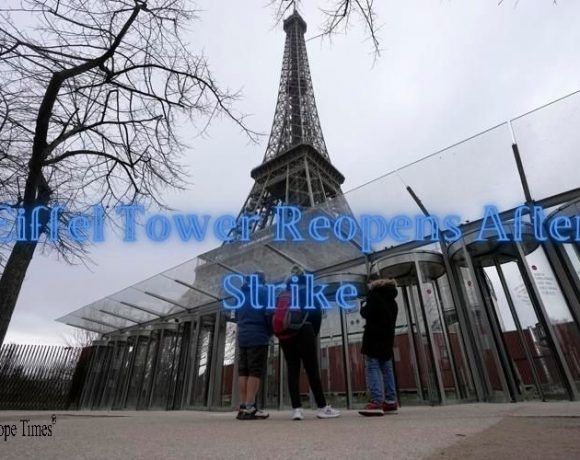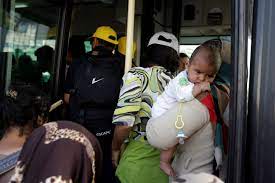
The Eiffel Tower, one of the most iconic landmarks in the world, recently experienced a six-day closure due to strikes by workers protesting the management practices of its operator, Société d’Exploitation de la Tour Eiffel (SETE). These strikes disrupted plans for visitors and resulted in significant financial losses for the company.
The primary grievances of the striking workers revolved around SETE’s business model, which they alleged overestimated future visitor numbers while neglecting essential maintenance and renovation needs. Union representatives accused SETE of prioritizing short-term profitability over the long-term preservation of the monument.
Initially planned as a five-day strike, workers voted to extend it to six days after rejecting SETE’s initial proposal. This decision underscored the depth of dissatisfaction among employees regarding the company’s management practices and the condition of the Eiffel Tower.
However, after negotiations between SETE and the unions, an agreement was eventually reached. This agreement included provisions for regular monitoring of the company’s business model and significant investment in maintenance and renovation until 2031, totaling approximately €380 million. Additionally, there were discussions about potentially classifying the Eiffel Tower as a “historical monument” to enable state funding for necessary works, as suggested by French Culture Minister Rachida Dati.
This recent strike at the Eiffel Tower echoes a previous protest in December, coinciding with the centenary of Gustave Eiffel’s death. Gustave Eiffel, a renowned civil engineer, is best known for his design of the Eiffel Tower, which was intended to showcase France’s industrial prowess during the 1889 Paris Exposition.
Picture Courtesy: Google/images are subject to copyright



